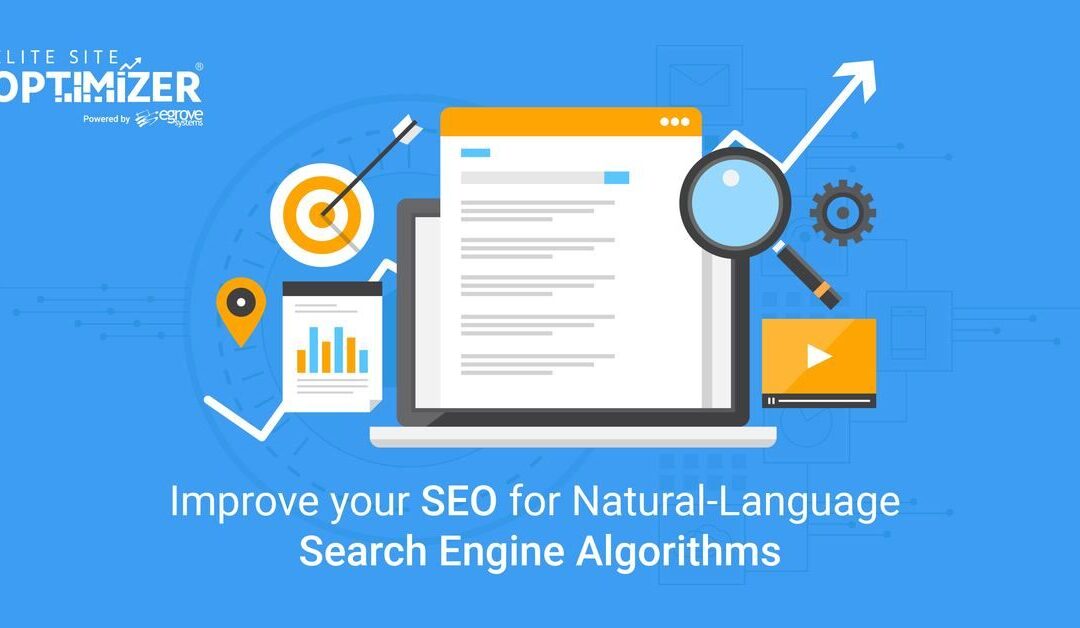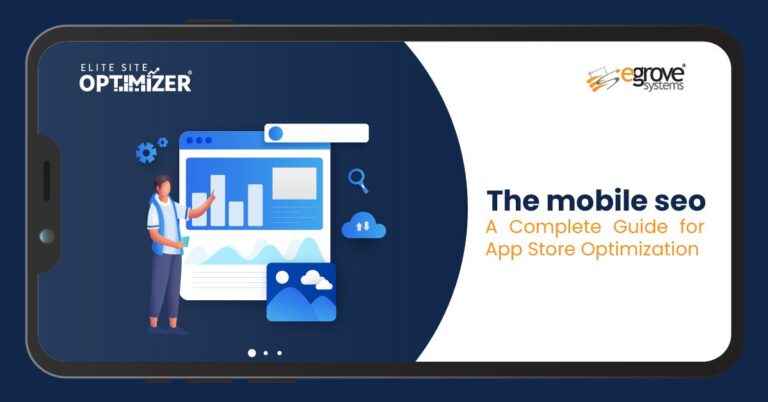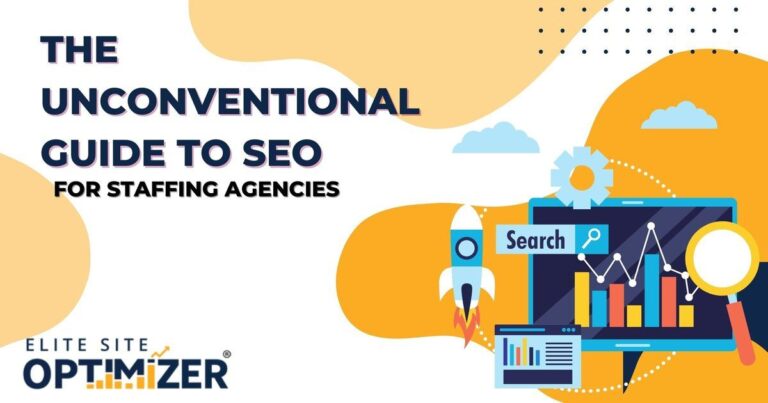Using the right keywords is the basis for all search engine optimization. Search engine algorithms have evolved dramatically in recent years, going from simply scanning for frequency and prominence of matching keywords in pages to complex natural language processing that comes much closer to understanding what people really mean when they use certain words in their search queries. In order to associate your page with the search keywords, you need to take a more sophisticated approach that considers what people want to get out of their search and how search engine algorithms try to predict our goals.
Using Keyword Research
Keyword research is necessary for any serious SEO effort. The goal is to find keywords that are frequently searched and are relevant to your web page, then place them there so search engines will recognize them. Keyword research starts with identifying the goals of your keywords, such as conversions to sales. Only focus on keywords that will get that result.
Personal surveys of what terms your team would use to find your products can be a starting point, but SEO analysis tools like Elite Site Optimizer can find what keywords are already bringing people to your site and which keywords you didn’t expect. You can also review competitor web pages the same way.
What Works and Doesn’t Work In The Modern Algorithm:
Previous updates to the algorithm have reduced the effectiveness of SEO ‘tricks’ such as repeating keywords multiple times, including many redundant internal links, and placing external links from spam-heavy ‘toxic’ domains. Now, new changes have caused shifts in page rank that sites aren’t always able to control directly.
Advancements such as Google’s BERT have moved toward natural language understanding. Not only can individual words have multiple meanings, but the structure of a phrase can be hard for machines to understand. Natural language processing can process words as they relate to one another, making sense of phrases rather than just searching for combinations of those words on indexed pages. It isn’t relevant for all searches, but it will have a huge impact on getting more meaningful results to conversational or question-phrased search queries. This means that voice searches from digital assistants can be more effective and searchers have to put less thought into their phrasing.
Read Also:- Keyword Cannibalization and how to fix this issue
There’s no direct way to take advantage of natural language processing in search engines, but you can be encouraged that pages with the matching intention will be ranked highly. It does make it even more important to be one of the top search results, as searchers will expect more accuracy and have less need to go further down the search engine results page. Some sites have reported to Search Engine Journal that they’ve seen negative impacts on their page rankings, but this indicates that their high ranking may have been based more on the straightforward use of keywords rather than the meaning that the searcher intended.
Another major issue that is shaping search results is the learning process of the intelligent search algorithm. As billions and trillions of searches have been made, search companies are gathering more data about what people click and what satisfies searches. An increasing number of search queries rely on past results and search engines see fewer totally new searches.
For this reason, competing for commonly-searched keywords is a matter of optimizing your landing pages and site content around those keywords. Competitor research is one of the best approaches to optimizing your page by finding what they do better than your own page. For rare keyword searches, using an SEO tools suite to seek out new and unique searches can be a way to boost SEO. Provided a query is relevant to your brand, being the first to adequately answer the query will provide massive advantages in the future. Monitoring new trends on social media and in your industry can be another way to jump onto unique keywords before they become widely used. Google’s Question Hub is also available for finding unanswered questions.
Keyword Clustering
Keyword clusters are groups of keywords that when used together suggest a certain intent from the search much more clearly than they would as individuals. Recognizing a keyword cluster will help detect an intent to buy a product or seek out a certain solution your brand can provide. Find a primary keyword and then create a list of variants and associated words in a cluster, as long as the phrases still match the original search intent. Then place these word clusters together on landing pages and other content pages on your site to reinforce the association with the same search intent. SEO tools can help you segment your clusters into groups to organize them better, and assign each relevant cluster to a different landing page.
With a stronger understanding of how search engines analyze and interpret queries, it’s possible to optimize your site for traffic and reach the exact audience that is receptive to your pitch. Search engines continue to optimize their algorithms around results that satisfy their users and find what they’re looking for; successful SEO means matching the goals of searchers.






